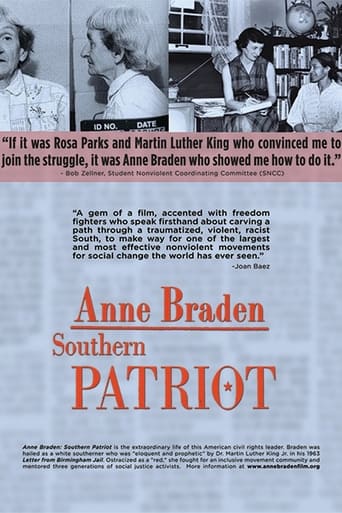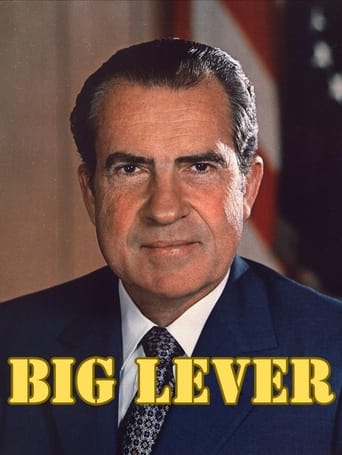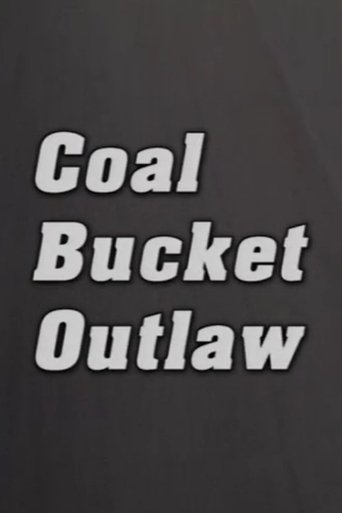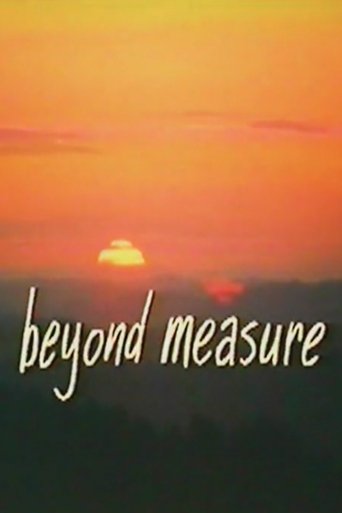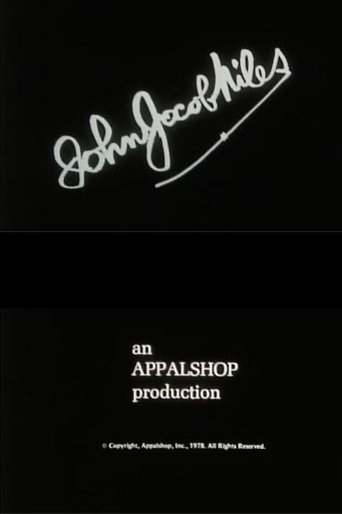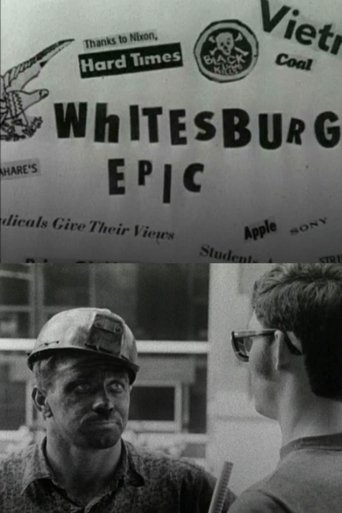Anne Braden: Southern Patriot 2012
Anne Braden: Southern Patriot is a first person documentary about the extraordinary life of this American civil rights leader. Braden was hailed by Dr. Martin Luther King Jr. in his 1963 Letter from Birmingham Jail as a white southerner whose rejection of her segregationist upbringing was eloquent and prophetic. Ostracized as a red in the 1950s, she fought for an inclusive movement community and mentored three generations of social justice advocates. Braden’s story explores not only the dangers of racism and political repression but also the power of a woman’s life spent in commitment to social justice.
